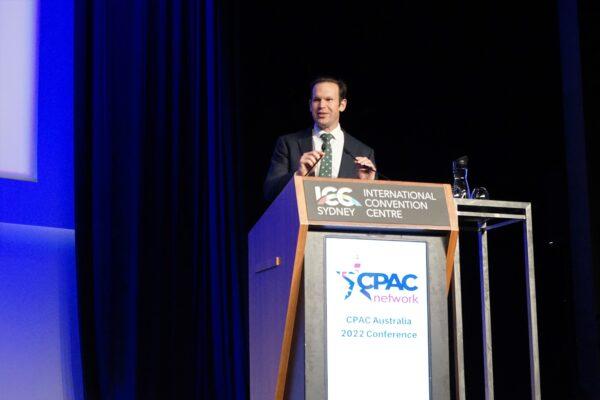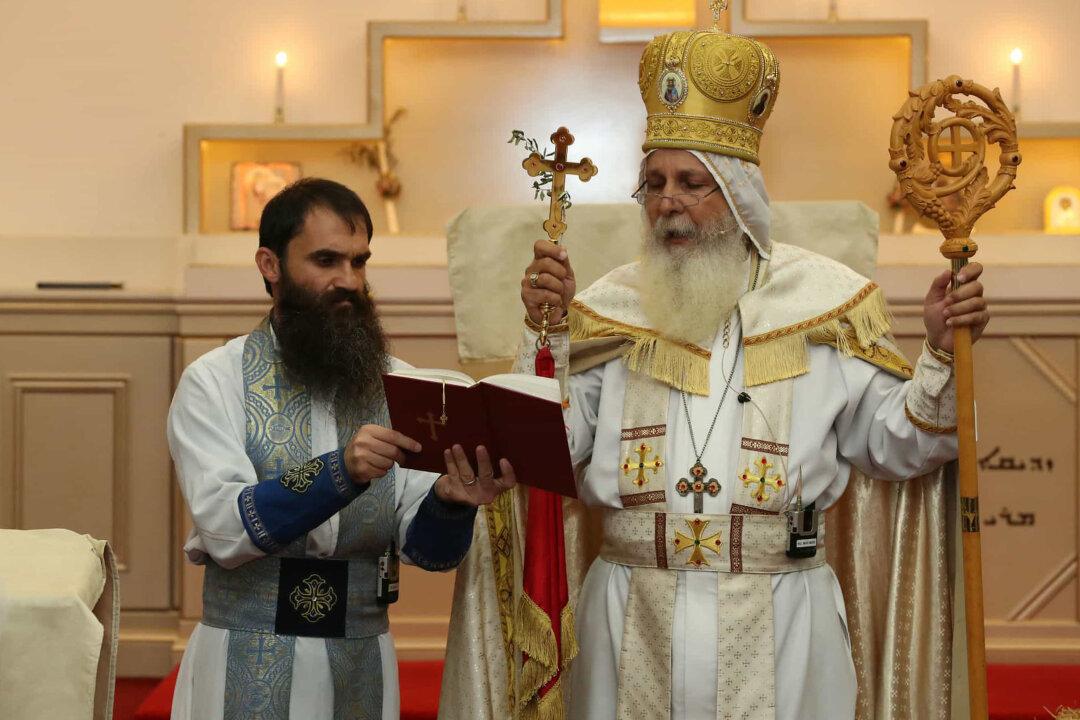Two Australian senators from the centre-right Liberal party have introduced a private member’s bill to protect children who survive an abortion.
It seeks to place a duty of care on medical practitioners to provide medical care and treatment to a child born alive as a result of an abortion.
Under the bill, medical practitioners would face penalty if breaching that duty and need to report to the Federal Department of Health on children born alive as a result of abortions.

Rising Number Of Aborted Babies Born Alive
Canavan said in a speech to the parliament on Nov. 30 that despite Australia having signed up to the UN Convention on the Rights of the Child, the nation has seen potentially hundreds of babies born alive as a result of abortion procedures without any significant subsequent intervention.Heated Debate Surrounding Born Alive Bill
A previous version of the bill, drafted by former Nationals MP George Christensen, lapsed after critics argued that the bill would force doctors to keep non-viable babies alive under threat of penalty.“He’s proposing creating policy for a circumstance that by the nature of the procedure wouldn’t occur. It’s making noise without benefiting anybody involved in the process,” she said.
Melville also argued that foetal anomalies is a common reason in late-term abortions so doctors wouldn’t give life-sustaining treatment.
However, Canavan said during his speech that pro-abortion advocates don’t take into account section 9 of the bill, which states that the medical care to be provided to a baby surviving abortion to be “commensurate to the circumstances.” This could be life-saving treatment or palliative care, “as the case may be.”
Addressing the claim that the bill would keep babies alive that have congenital deformities, Canavan asked, “are people saying that children born with disabilities should be left to die?”
In addition, while some have claimed that the bill perpetuates a myth that children are born alive as a result of abortions, “the data available via the Parliamentary Library shows that to be a false claim,” the Liberal senator said.
“But even if that claim was correct—which it is not—what harm would this bill do? If no viable child is ever born alive as a result of an abortion, then this bill has no effect.”
“But if one child, just one, was born alive in such circumstances and that child was viable, then this bill would not only have an effect, but it would be more important than probably most laws on the books because it would save a life that otherwise would have been discarded like it was medical waste.”
The bill was revived following the overturning of the Roe v Wade ruling in the United States that broadly legalised abortion.
Currently, termination of pregnancy is permitted in all Australian states and territories under various circumstances after 20 weeks of pregnancy, which is usually referred to as a late-term abortion.




